Childcare and parental engagement in child learning
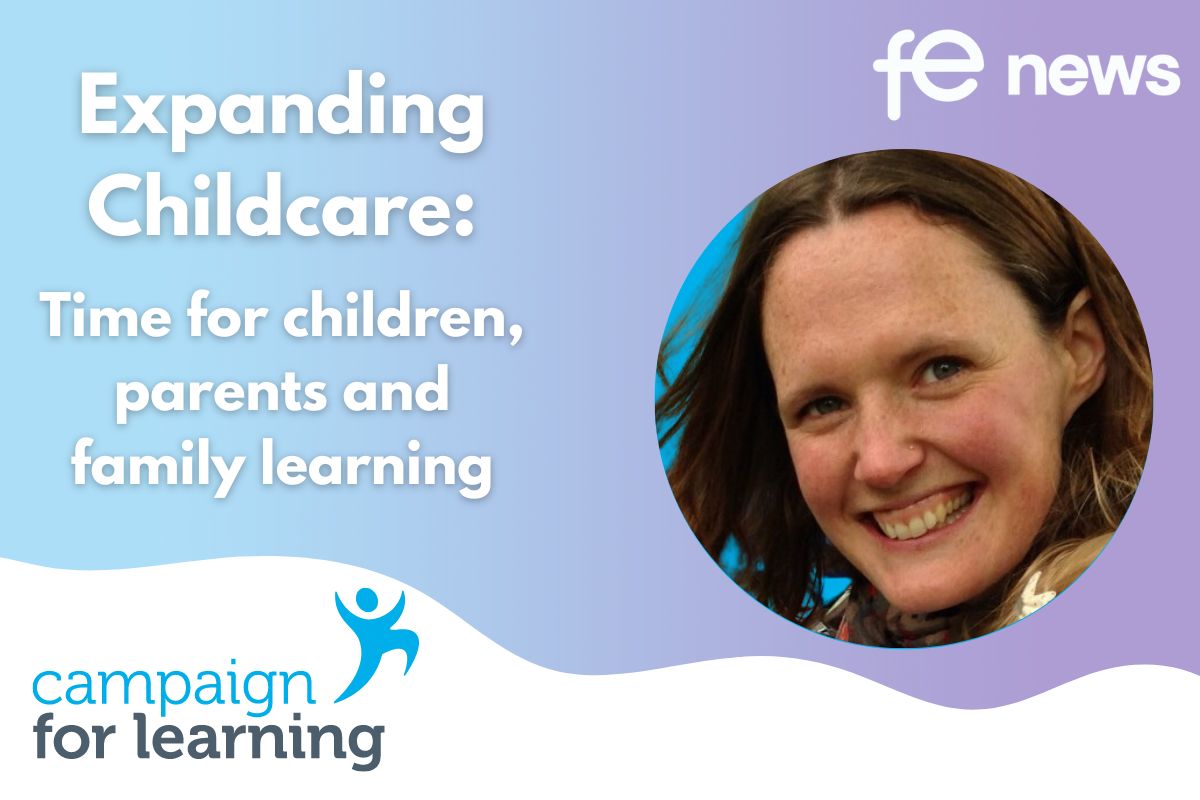
Expanding Childcare: Time for children, parents and family learning
The partnerships that develop between parents and childcare providers are fundamental in supporting a child to feel safe, valued and understood.
Shared understanding about the child’s experiences – for example, support with transitions, understanding of the activities within the home or childcare setting and knowledge of the people that are important in the child’s life – all contribute to a child’s capacity to learn and grow in their environment.
Parental engagement in child learning can sometimes be talked about as if it is something that needs to be predetermined, tracked, and assessed. In terms of school readiness or academic outcomes, perhaps, this makes sense. But it is important to recognise that parents are always part of their child’s learning; whether intentional or not, a child observes and learns from the everyday interactions around them.
The relationships in their family as well as between their family and caregivers are fundamental to their understanding of the world: ‘the cultural learning and social-emotional experiences that result from everyday human interactions and cognitions play a critical role in brain development and learning’ (Immordino-Yang, Darling-Hammond and Krone, 2019). It is the healthy relationships, and the environment in which they take place, which supports and enables the child to be curious about the world around them.
Through the Nurturing Programme, Family Links the Centre for Emotional Health supports childcare settings to think deeply about the relationships between parents and staff in the childcare setting, and how these then relate to the interactions with the children, through transitions as well as ongoing conversation and mutual support.
We should therefore consider three things, with resulting implications for policy.
Learning thrives in emotionally healthy, inclusive environments
First, we must recognise the importance of developing an emotionally healthy environment in the childcare setting, driven by relationships – one in which parents feel welcomed and part of an inclusive community to which they belong.
Supporting parents with their own emotional health provides a basis, a ‘stable and reliable resource’ for relationships with their child or children and for learning which is ‘more valuable than teaching’ (Gopnik, 2016).
After all, the parent’s own beliefs about their ability to interact with and influence how their child learns about the world is fundamental (Goodall, 2017)– being given space and time to reflect on their own influences and attitudes may support them to recognise the importance of their role.
Start with families
We must emphasise and celebrate, wherever possible, diversity through a relational approach. Rather than setting too rigid a pre-existing agenda, or be driven by goals or outcomes, childcare settings can start where families and children are – being responsive to their needs, interests, and backgrounds.
For this, we can hold in mind the principle that the value of the child-parent relationship, or any relationship for that matter, is intrinsic, not instrumental. It may well lead to other good outcomes, but that must not be our starting point.
Play, freely chosen, supports relationships to thrive
And finally, be playful. It is well recognised that play is a fundamental way in which children learn about their world and can provide the bridge between experiences at home and in the childcare setting (Yahya and Wood, 2017).
Family Links the Centre for Emotial Health Playful Parenting programme facilitates an approach to play that gives ample space and time for child-led play, ensuring that it does not become oversimplified, goal-orientated or dictated by adult parameters. The idea of school readiness is unhelpful, as if being at school were in itself the end goal, and has the potential to distort our understanding of children’s development (Kay, 2022), as well as the danger of making play purpose driven.
Of course, we can support a child’s independence – being able to use the toilet, being able to express their needs and interests, for example – without the focus of the endeavour being ‘ready’ to be at school.
Making good decisions about childcare and education
If we want to make good decisions about childcare and education, we ‘need to think deliberately about what caring for children is all about in the first place’ (Gopnik, 2016). Family Links the Centre for Emotional Health argues that caring for children is to enable them to thrive, in their individual, myriad, often complexly different ways, and to be supported and valued by the adults around them. The emotional health, built through relationships of these adults – both parents and staff in childcare settings – is therefore key.
Recommendation 1
Childcare settings should be properly resourced in terms of capacity and financially to provide safe spaces for parents to engage and reflect on their roles, for example through relationship programmes.
Recommendation 2
Continuing professional development should be offered to all staff that provides space and time to discuss challenges, and bears in mind the principles of diversity and inclusion.
Recommendation 3
Both staff and parents should be offered programmes that facilitate and encourage child- led play. Allowing adults as well as children time to be playful will support relationships and learning to thrive.
By Bea Stevenson, Head of Education, Family Links the Centre for Emotional Health
Campaign for Learning has released a new series of articles, Expanding Childcare: Time for children, parents and family learning.
See below when each article will be published on FE News:
Part One: Childcare the welfare state – 20th July
1. Will Snell, Chief Executive, The Fairness Foundation
Childcare and a new social contract
2. Anneka Dawson, Head of Pre-16 Education, Ceri Williams, Senior Research Fellow, and Alexandra Nancarrow, Research Fellow, Institute for Employment Studies
The childcare sector: Providers and the workforce in England
Part Two: Childcare and time for work – 21st July
3. Paul Bivand, Independent Policy Analyst
Women, employment and childcare
4. James Cockett, Labour Market Economist and Claire McCartney, Policy Adviser, Resourcing and Inclusion, CIPD
The planned childcare entitlements and progression into work
5. Jane van Zyl, Chief Executive, Working Families
Combining flexible working and childcare to solve the childcare crisis
Part Three: Childcare and time for child development – 24th July
6. Janeen Hayat, Director of Collective Action, Fair Education Alliance
Improving childcare quality to support educational outcomes
7. Megan Jarvie, Head of Coram Family and Childcare
Making a step change to child development through childcare
8. Professor Elizabeth Rapa and Professor Louise Dalton, University of Oxford
Childcare, children’s development and education outcomes
Part Four: Childcare and time for parental engagement – 25th July
9. Lee Elliot Major, Professor of Social Mobility, University of Exeter
The childcare revolution: A new opportunity for parental partnerships in child learning
10. Bea Stevenson, Head of Education, Family Links the Centre for Emotional Health
Childcare and parental engagement in child learning
Part Five: Childcare and time for adult skills – 26th July
11. Simon Ashworth, Policy Director, AELP
The new childcare entitlements and skills bootcamps
12. Sharon Cousins, Vice Principal, Newham College and National Association for Managers of Student Services Executive
The new childcare entitlements and access to further education
13. Susan Pember, Policy Director, HOLEX
A thriving society means linking the new childcare entitlements to adult learning
Part Six: Childcare and time for family learning –
27th July
14. Sam Freedman, Senior Fellow, Institute for Government
The childcare revolution and family learning
15. Susan Doherty, Development Officer – Family Learning, Education Scotland
Family learning and childcare: Lessons from Scotland
28th July
16. Susannah Chambers, Independent Consultant
Bringing childcare and family learning together
17. Henriett Toth, Parent
Family learning and childcare: A personal experience

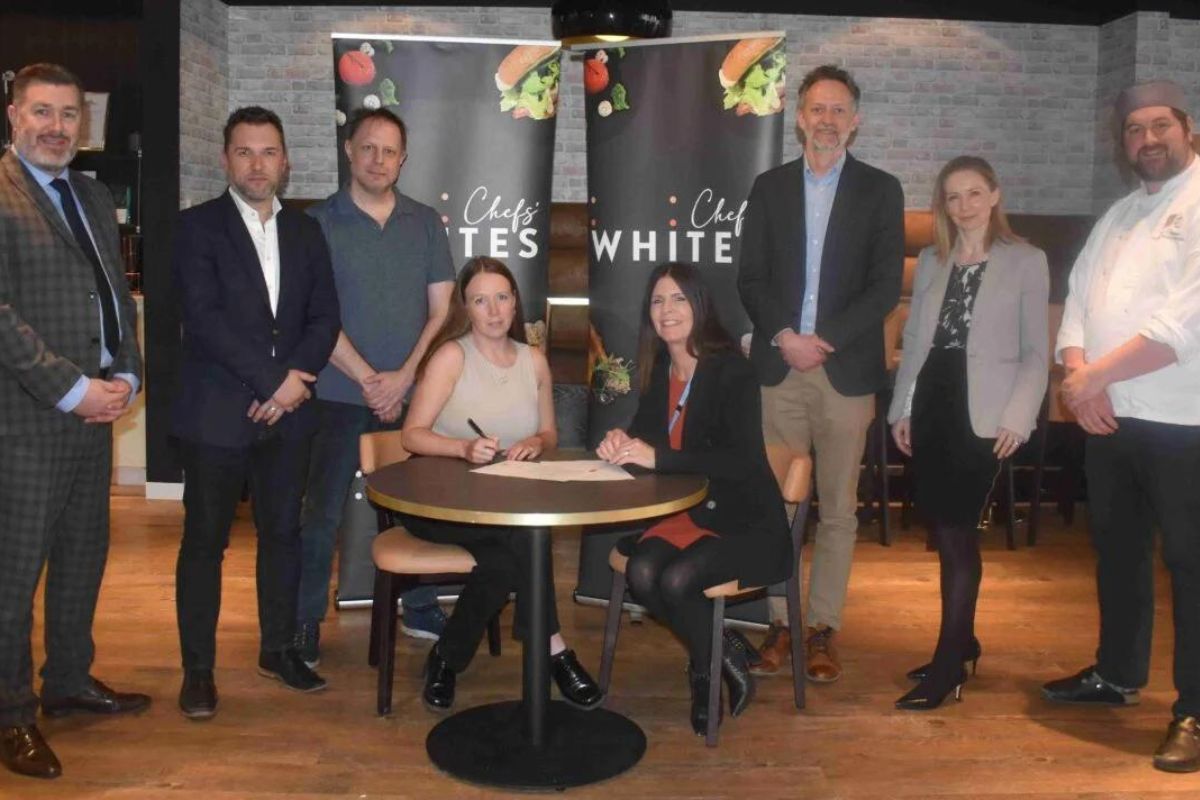
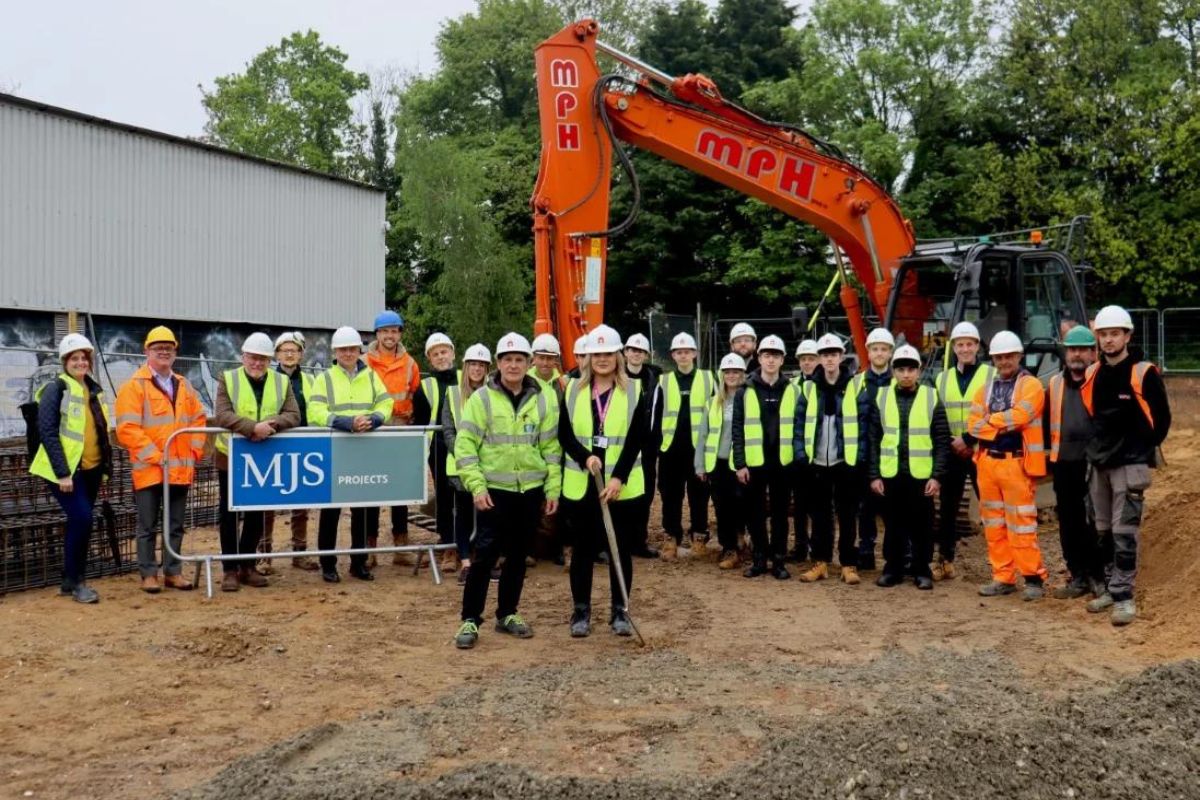
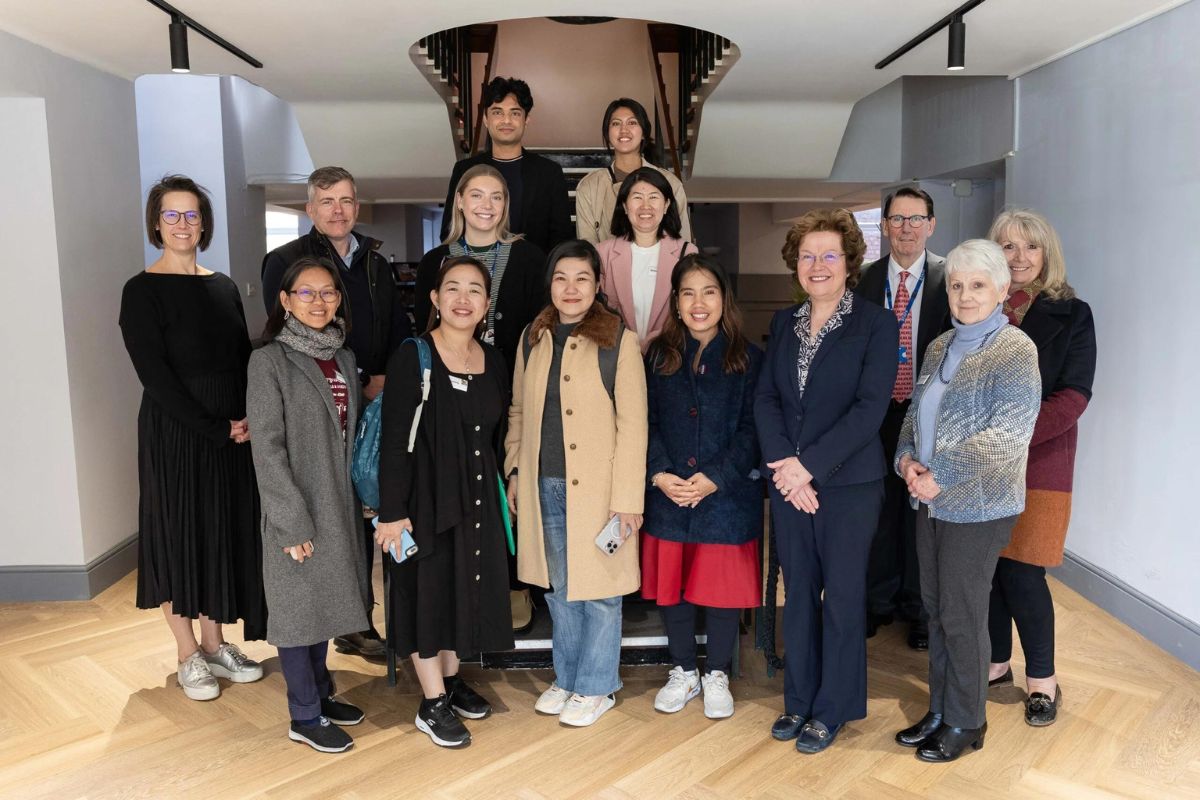
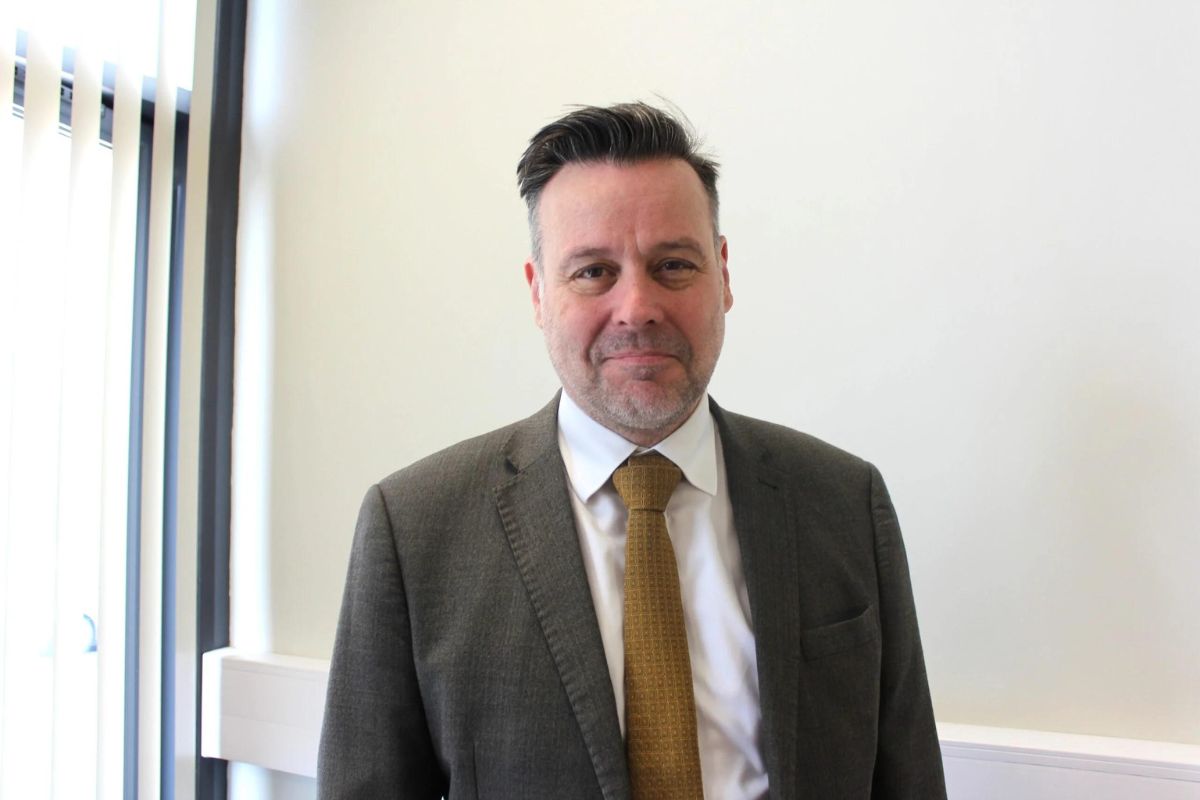
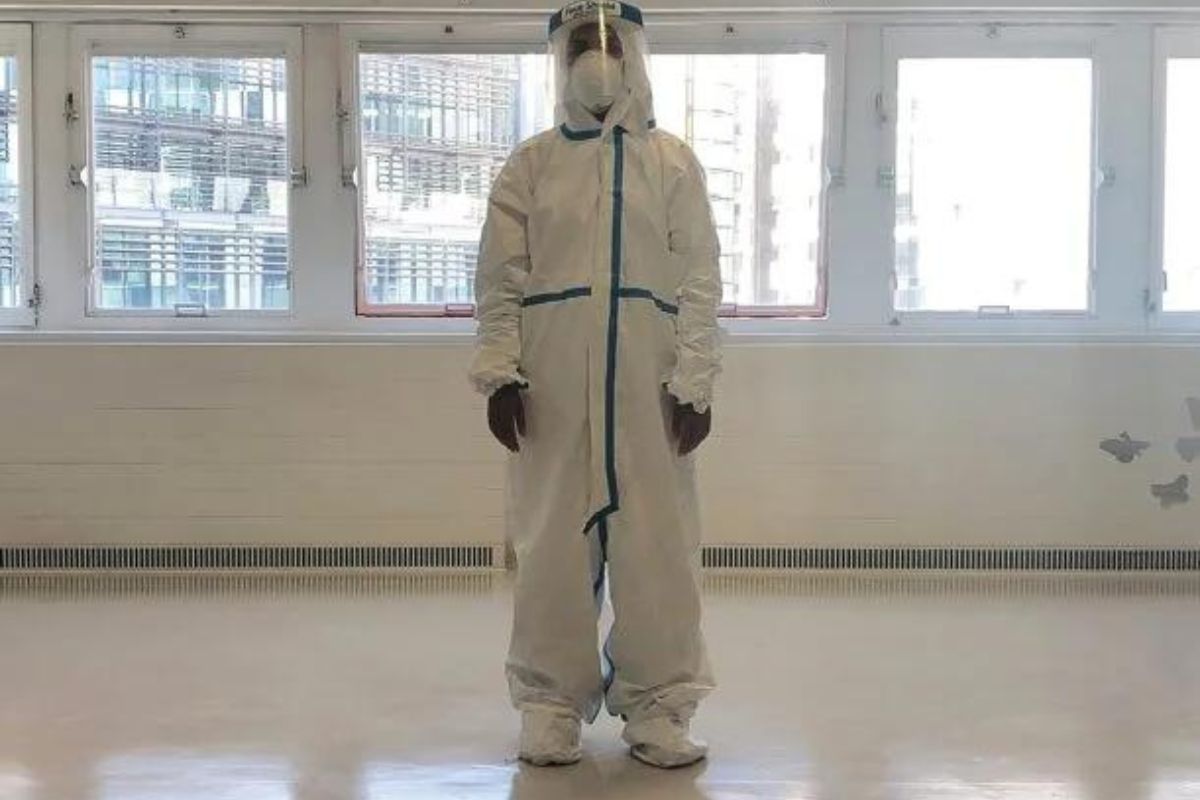
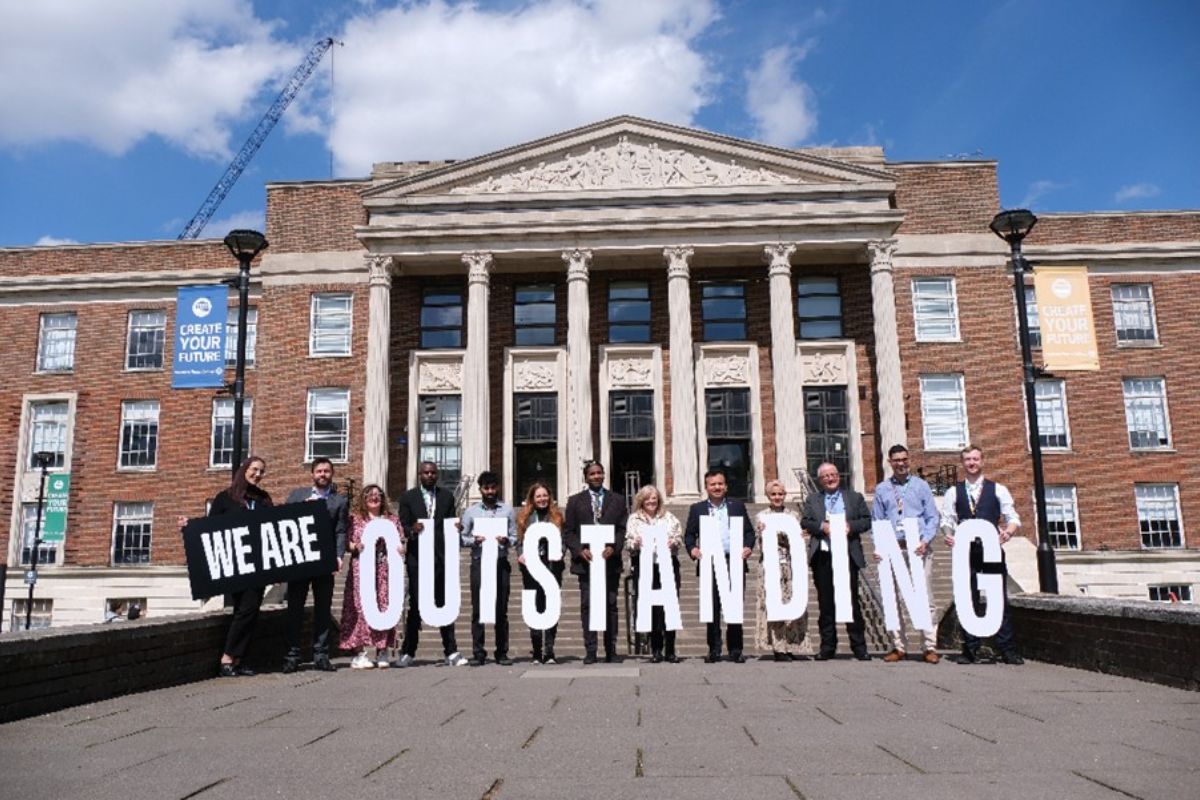
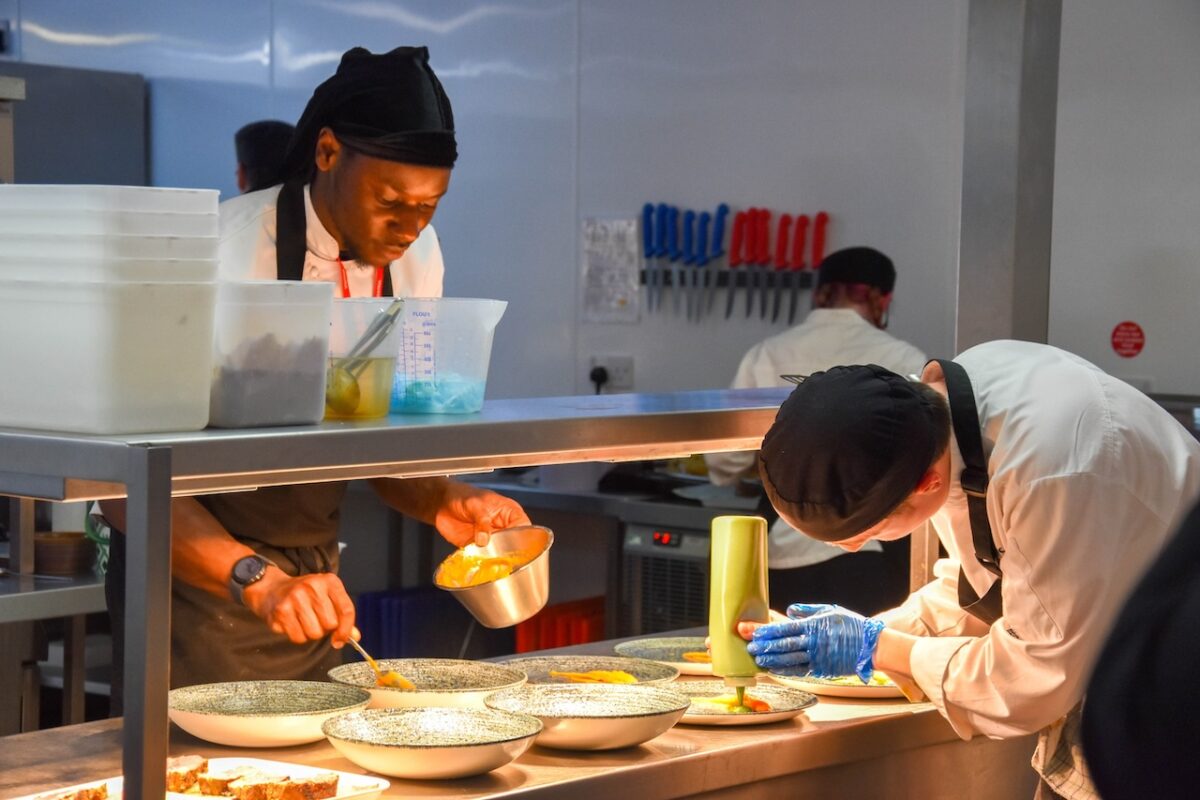
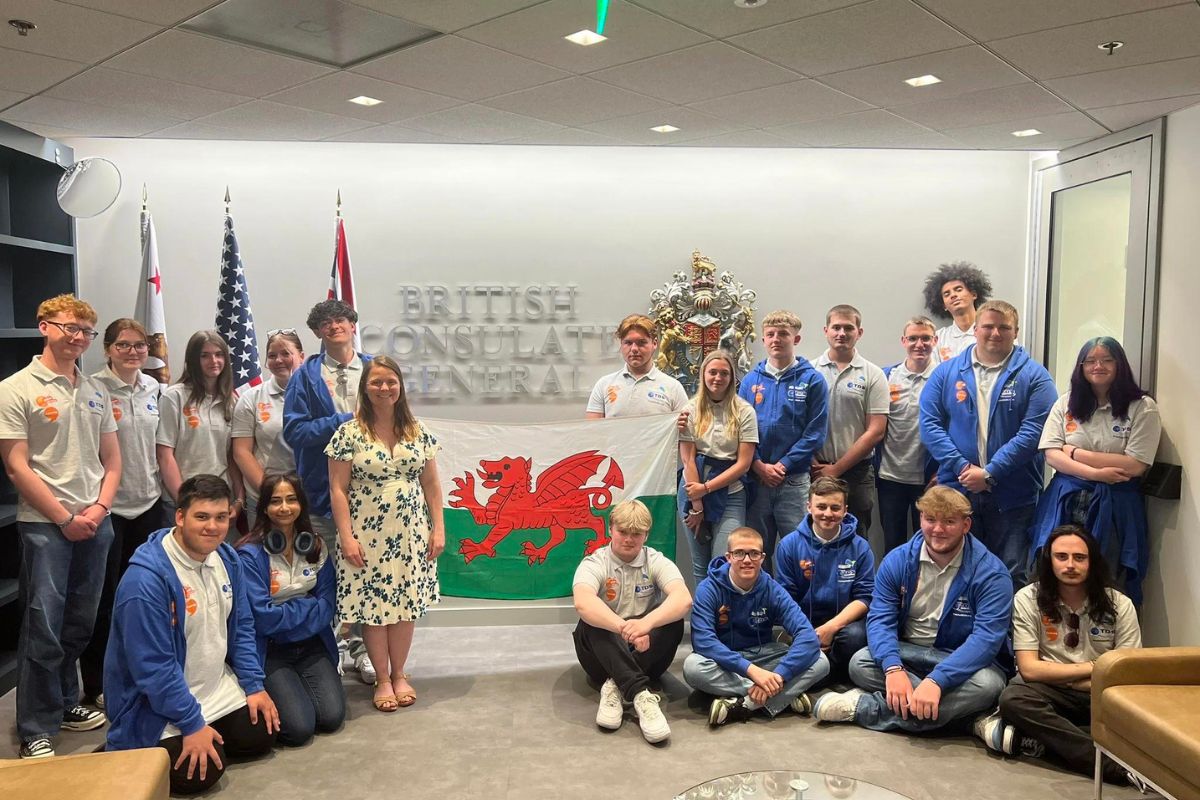
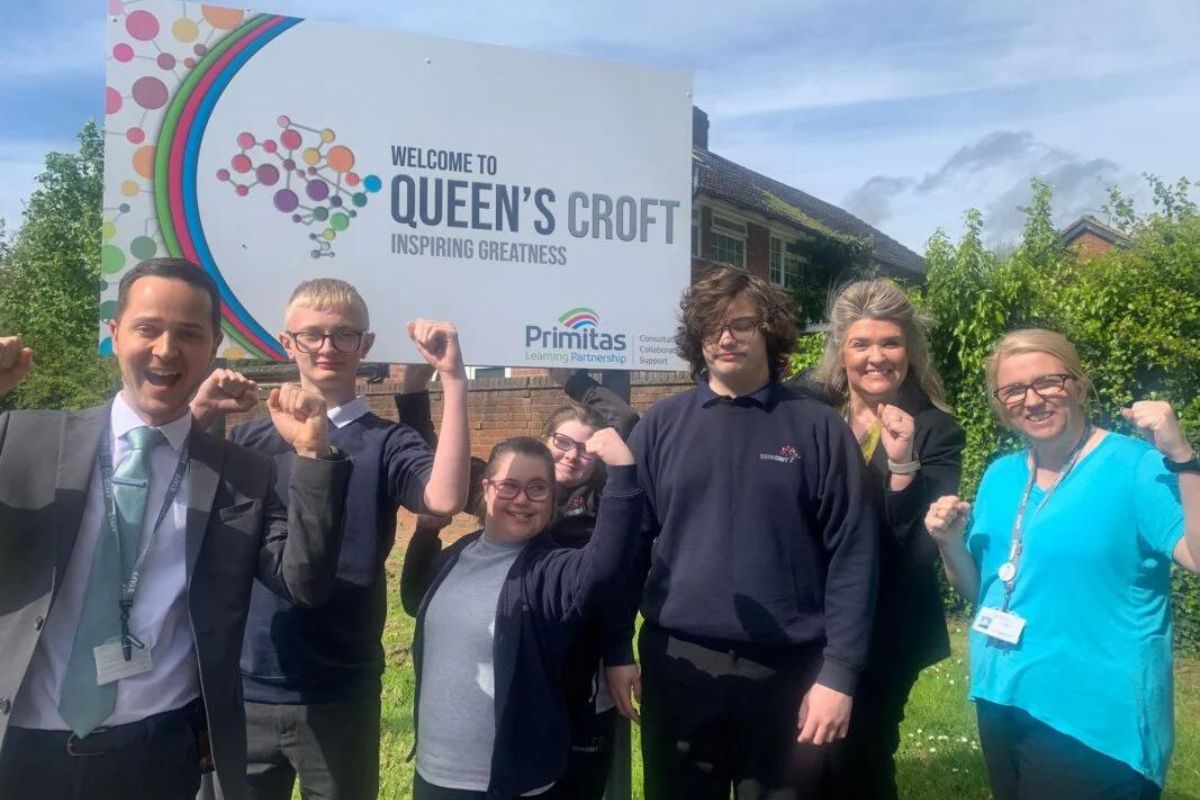
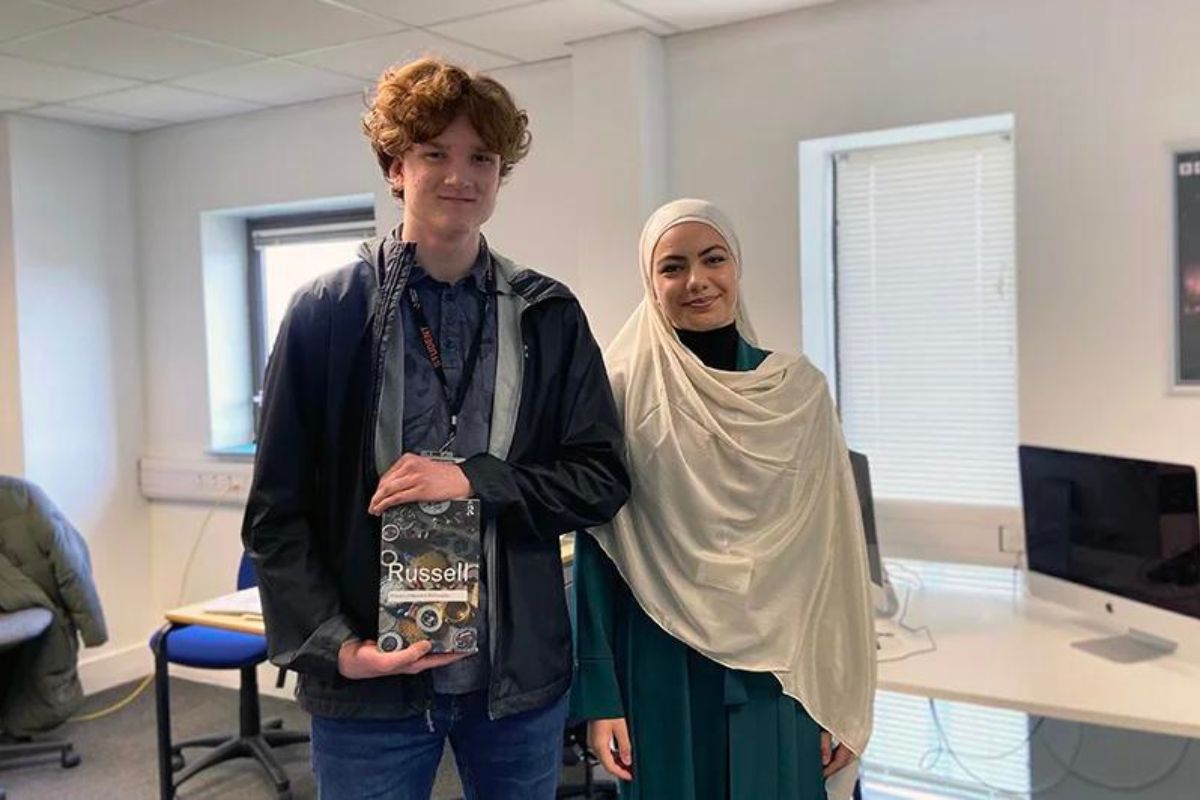
Responses